Highlights of the BMC Series – June 2025
Published in Healthcare & Nursing, Ecology & Evolution, and Computational Sciences
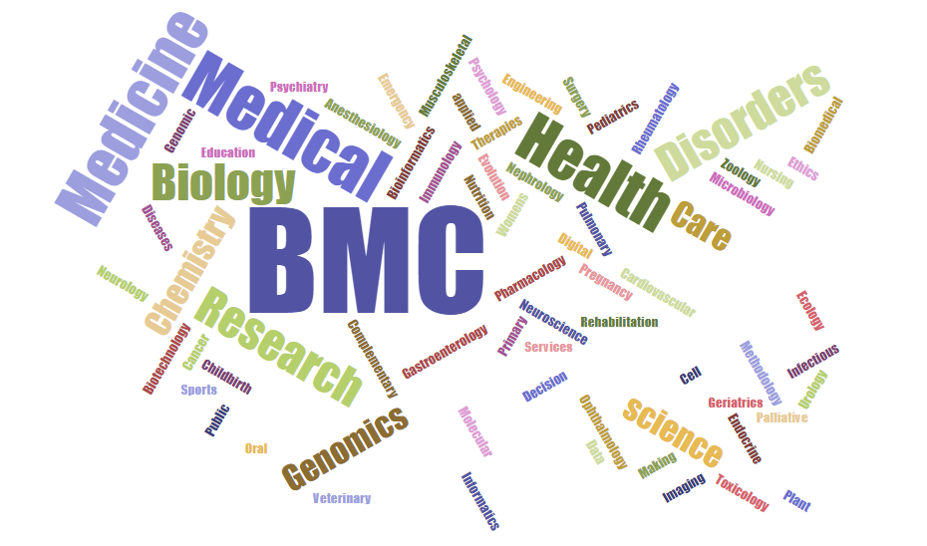
BMC Nutrition - Perceived motivators and barriers to consuming a plant-based diet: a qualitative research study
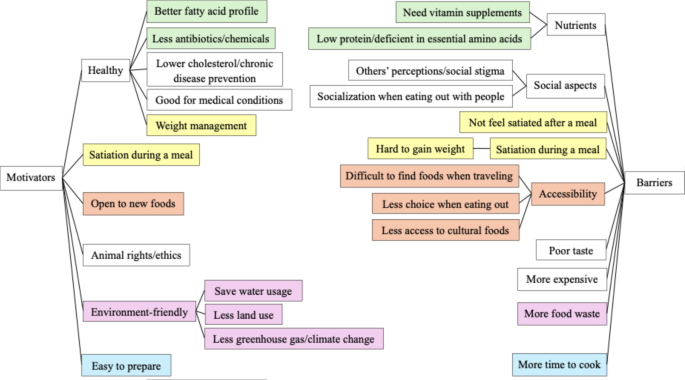
Evidence suggests that adopting a plant-based diet may reduce the risk of developing cardiometabolic diseases such as cardiovascular disease and type II diabetes. It may also support environmental sustainability, given the burden that large-scale agricultural production and processing of animal products places on land use and food systems.
However, the reasons individuals choose to adopt a plant-based diet vary widely and are often shaped by social, cultural, and socioeconomic factors. From a public health perspective, it is therefore important to understand the motivators and barriers to adopting such diets across different populations – particularly in regions where meat remains the most popular source of protein.
In a qualitative study published in BMC Nutrition, researchers conducted a series of semi-structured interviews with participants from the Baltimore area in the US who had either adopted a plant-based diet or were considering it. Through thematic analysis, the authors found that motivations included animal welfare, environmental concerns, cultural influences, and awareness of potential health benefits. However, participants also identified several barriers, including limited availability of plant-based products, a lack of nutritional awareness, and the perceived lack of inclusiveness in social settings.
These findings may help inform future policies and interventions aimed at promoting plant-based diets, and highlight the need for further research in other populations and cultural contexts to better understand the factors influencing dietary choices.
BMC Genomics - Molecular adaptations in MMP genes support lung elasticity and diving adaptations in cetaceans
.png)
Cetaceans, including whales, dolphins, and porpoises, evolved from a terrestrial mammalian ancestor, requiring a series of physiological adaptations for life in the marine environment. Although they have adapted to remain submerged and hold their breath for extended periods, diving still presents unique challenges, such as an increased risk of decompression-related injuries, sickness, and hypoxia.
It has been observed that the anatomy of shallow-diving and deep-diving cetaceans differs significantly. In deep-diving species, enhanced lung elasticity is thought to enable flexible lung collapse and efficient gas exchange during deep dives under pressure. This elasticity is supported by the presence of elastic fibres, which are formed, maintained, and remodelled with the help of matrix metalloproteinases (MMPs).
In a recent publication in BMC Genomics, a comprehensive evolutionary analysis of the MMP gene family was conducted across 46 mammalian genomes, supported by protein expression analyses and functional assays. This analysis focused on the genomes of cetaceans and other marine mammals, with terrestrial mammals included for comparison. The authors found that the MMP gene family underwent positive selection in cetaceans, identifying nine genes that showed signs of accelerated evolution. These findings provide new molecular insights into the role of MMPs in supporting the diving physiology of marine mammals, particularly in enhancing lung flexibility and enabling reversible lung collapse during dives.
BMC Oral Health - Associations between cumulative exposure to potentially traumatic events and self-reported oral health in the Tromsø Study: Tromsø7
Potentially Traumatic Events, such as accidents, abuse, or childhood neglect, are known to affect both mental and physical health, but their impact on oral health has been relatively unexplored. A recent study published in BMC Oral Health explored this link using data from the Tromsø Study, a large population health survey involving over 21,000 adults aged 40 and above in Tromsø, Norway.
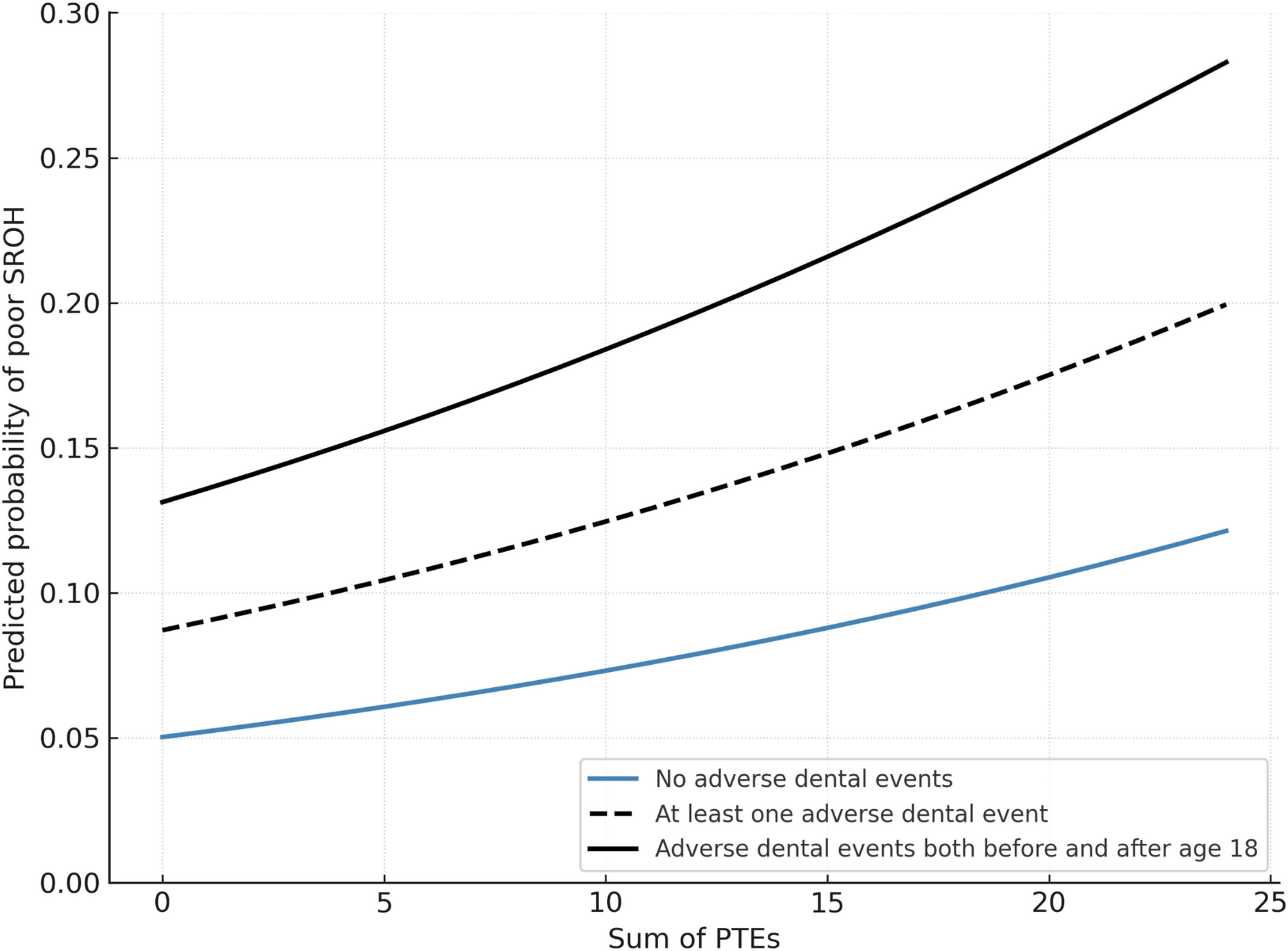
The authors found that people who had experienced more traumatic events were more likely to report poor oral health. This association remained even after accounting for factors such as stress, dental anxiety, and oral hygiene habits. The authors’ analysis also assessed the type and timing of trauma, distinguishing between interpersonal events, such as abuse or bullying, and impersonal events, such as accidents or natural disasters.
Here, adverse dental experiences were most strongly linked to poor oral health, especially when they happened in childhood, as these experiences may lead to dental anxiety and the avoidance of care which may worsen oral health outcomes over time. Other types of trauma, particularly impersonal events in early life, were also associated with poorer outcomes.
The findings highlight how trauma, especially early in life, can have lasting effects on oral health. They also point to the importance of trauma-informed care in dentistry, particularly for children and those with a history of difficult experiences.
BMC Medical Genomics - Genome-to-genome analysis reveals associations between human and mycobacterial genetic variation in tuberculosis patients from Tanzania
Through the recent popularity of genome-wide association studies (GWAS) in medical genomic research, the heritable nature of tuberculosis (TB) susceptibility and the interplay between human and bacterial genetic factors in influencing TB risk and prognosis have been increasingly characterised through the identification of relevant genetic loci.
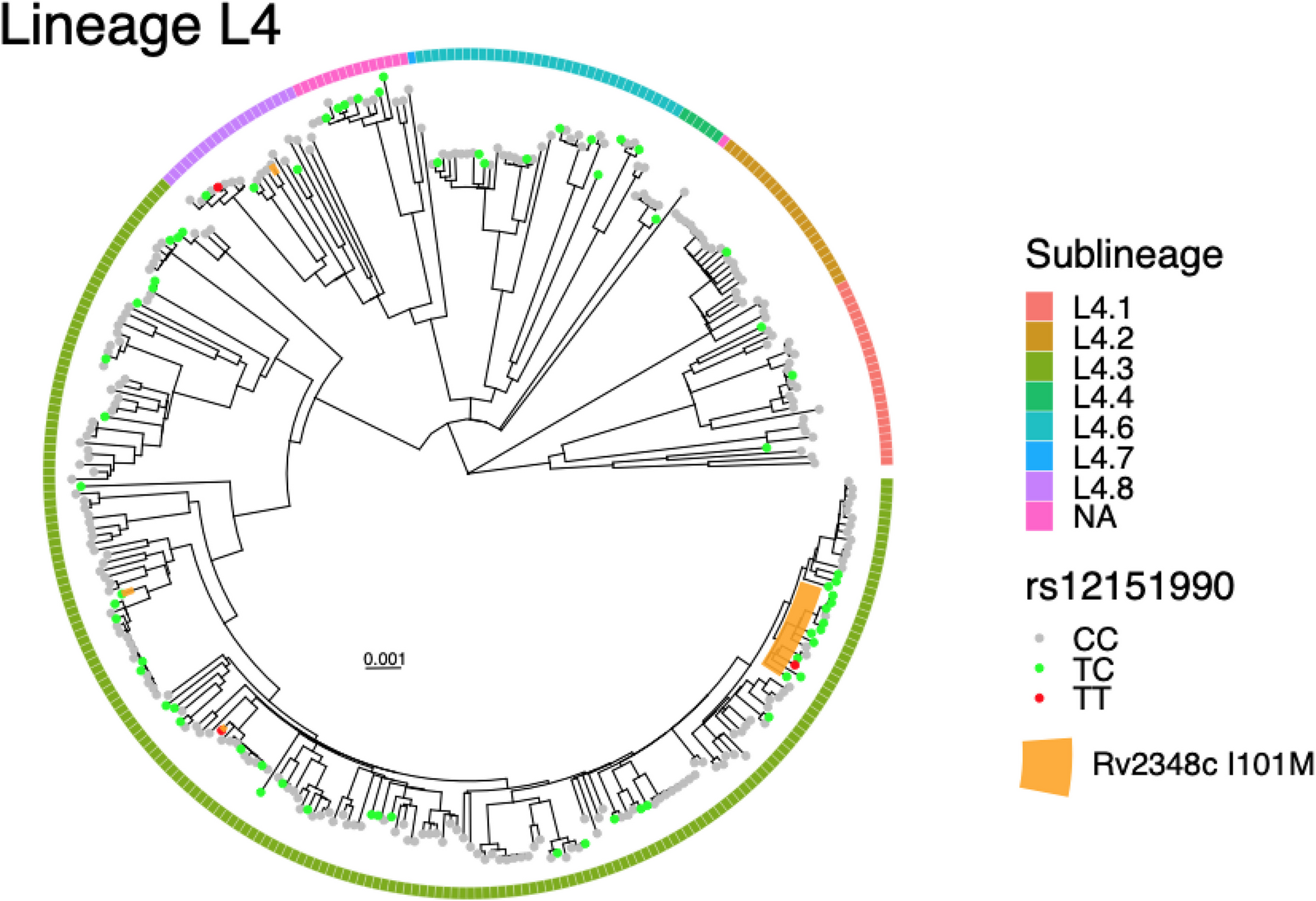
However, there are limitations to this approach. Associations identified by GWAS may not always be transferable across different populations, and the role of bacterial genetic variation in disease progression is often overlooked. This is particularly important given that Mycobacterium tuberculosis lineages and sub-lineages vary in pathogenicity and are geographically distributed, having adapted to different human populations with distinct genetic backgrounds.
In BMC Medical Genomics, a genome-to-genome study addressed this gap by using paired human and M. tuberculosis genomic data from 1,000 adult patients in Tanzania. The study identified two genetic loci with significant host–pathogen interactions, with one showing a particularly strong association with the severity of disease.
This work contributes valuable insight by investigating a large cohort from a region typically underrepresented in genomic research and highlights the potential for more tailored treatment approaches for a disease still closely linked to poverty.
BMC Artifical Intelligence - Developing Amharic text-based chatbot model for HIV/AIDS awareness and care using deep learning approaches
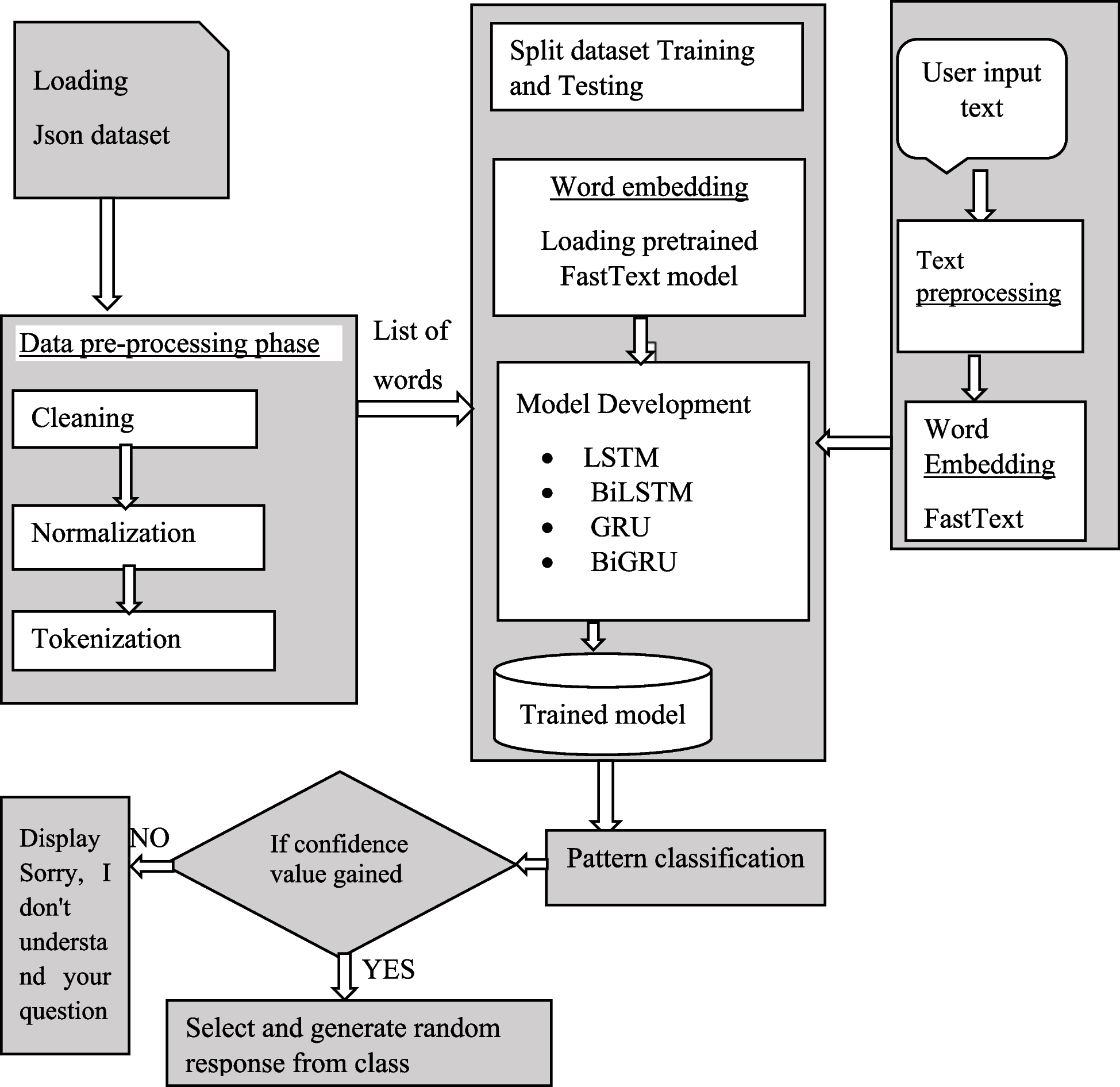
The use of chatbots for providing medical information and knowledge in healthcare settings is being increasingly explored in recent years as a means of delivering timely and accessible support. Due to advancements in machine learning and artificial intelligence, chatbots are becoming more effective at providing personalised responses based on learned patterns and large datasets, potentially improving patient outcomes in diverse settings where barriers and stigma may preclude timely guidance being provided by healthcare professionals.
A research article published in our new journal, BMC Artificial Intelligence, outlines a workflow to develop a text-based chatbot that provides accurate guidance for the prevention and awareness of HIV/AIDS in the Amharic language, with the authors identifying limitations in existing chatbot models based on the English language that do not provide sufficient transferability to the linguistic and cultural nuances of Amharic. By compiling a comprehensive dataset of medical information related to HIV/AIDS and comparing several deep learning algorithms, the authors developed a BiGRU-based model that achieved a testing accuracy of 95.01%, meaning the chatbot gave correct responses in the vast majority of test cases. The model also recorded a loss score of 0.372, indicating a strong level of predictive accuracy.
This work contributes to the alleviation of the insufficient accessibility of healthcare information for Amharic speakers living with or at risk of HIV/AIDS, and establishes a workflow for researchers in other cultural contexts to develop similar models. The authors propose developing speech capabilities in the chatbot for improved accessibility in the future.
Follow the Topic
-
BMC Nutrition

BMC Nutrition is an open access, peer-reviewed journal that considers articles on all aspects of nutritional sciences.
-
BMC Oral Health

This is an open access, peer-reviewed journal that considers articles on all aspects of the prevention, diagnosis and management of disorders of the mouth, teeth and gums, as well as related molecular genetics, pathophysiology, and epidemiology.
-
BMC Genomics

This is an open access, peer-reviewed journal that considers articles on all aspects of genetics, genomics and proteomics.
-
BMC Medical Genomics

An open access journal publishing original peer-reviewed research articles in all aspects of functional genetics and genomics, genome structure, genome-scale population genetics, epigenetics and epigenomics, proteomics, systems analysis, and pharmacogenomics in relation to human health and disease.
Your space to connect: The Forensic dentistry Hub
A new Communities’ space to connect, collaborate, and explore research on Dentistry and Forensic Medicine!
Continue reading announcementRelated Collections
With Collections, you can get published faster and increase your visibility.
Genomics of microbiomes
The study of microbiomes has emerged as a dynamic field at the intersection of genomics, ecology, and health sciences. Microbiomes encompass the diverse communities of microorganisms, including bacteria, viruses, and unicellular eukaryotes, residing in various environments, such as the human body, food, soil, and aquatic systems. Understanding the genomic makeup of these microbiomes is crucial for unraveling their complex interactions with hosts and the environment. As advances in sequencing technologies, including single molecule sequencing, metagenomics and single cell omics, continue to evolve, researchers are better equipped to explore the rich genetic diversity (including pangenomes and epigenomes) and functional capacities of microbiomes across different ecosystems.
Investigating the genomics of microbiomes is pivotal for addressing critical questions in ecology, health, disease, and environmental sustainability. For instance, recent breakthroughs in the field have illustrated how microbiomes influence human health, from their roles in metabolism and immune function to their impact on mental health. Furthermore, understanding the genomics of environmental microbiomes can provide insights into biogeochemical processes and ecological resilience. As we deepen our knowledge of these microbial communities and develop computational biology methods to model their functionality, we stand to enhance our ability to harness their potential for applications in medicine, agriculture, and environmental management.
Future research in this area holds the promise of transformative advances in our understanding of microbiomes. The integration of multi-omics approaches, combining genomics with transcriptomics, proteomics, and metabolomics, may lead to a holistic view of microbial community dynamics and their functional implications. Additionally, developments in artificial intelligence and machine learning could further accelerate discoveries, enabling the identification of novel microbial functions and their roles in health and disease. As we continue to explore these intricate relationships, we can anticipate innovative strategies for harnessing microbiomes for therapeutic and environmental applications.
Topics of interest include, but are not limited to:
•Genomics and epigenomics of host-microbe interactions
•X-omics studies in environmental and host-microbiomes
•Advances in genomics of unculturable microorganisms
•Genome-guided development of synthetic microbiomes and consortia
•Microbiomes and environmental resilience: a genomic perspective
•The human microbiome: genetic diversity and functional potential
•Microbial adaptation and evolution in changing environments
•The role of microbiomes in antibiotic resistance and pathogenesis
•Computational and AI-driven methods for microbiome genomics
•Microbiome applications in sustainable agriculture and environmental management
All manuscripts submitted to this journal, including those submitted to collections and special issues, are assessed in line with our editorial policies and the journal’s peer review process. Reviewers and editors are required to declare competing interests and can be excluded from the peer review process if a competing interest exists.
Publishing Model: Open Access
Deadline: Apr 07, 2026
Cattle genomics
BMC Genomics invites researchers to contribute to our Collection on Cattle genomics focusing on understanding the genetic makeup of bovine species, which is essential for improving livestock breeding and health. Advances in genomic technologies, such as next-generation sequencing and RNA sequencing, have enabled researchers to reveal insights into traits such as growth, meat quality, milk production, disease resistance, reproductive fitness, and overall adaptability in bovine genomes. This Collection aims to highlight the latest research developments in cattle genomics, encompassing both genomic and transcriptomic studies that contribute to the understanding of bovine biology.
Recent breakthroughs in genomic selection and precision breeding techniques have already shown promise in increasing efficiency in cattle production. The use of CRISPR-Cas genome editing, for example, has allowed for precise modifications to the cattle genome, introducing beneficial genetic variations without the linkage drag associated with traditional breeding methods. Additionally, the integration of omics technologies is paving the way for a holistic understanding of cattle biology, allowing for more effective management and breeding strategies. Studying the rumen microbiome using genomics, transcriptomics, proteomics, and metabolomics has revealed how microbial communities contribute to feed efficiency and nutrient absorption. This comprehensive approach enables targeted nutritional strategies that improve cattle health and productivity while reducing environmental impact. Such integrative studies facilitate the selection of cattle with optimal microbiome compositions, leading to more sustainable and efficient cattle production systems.
As research in cattle genomics progresses, we can anticipate the development of more sophisticated genomic tools that will enable precise manipulation of genetic traits in bovine populations. This may lead to enhanced resilience against diseases, improved reproductive performance, and better adaptation to changing environmental conditions. Ultimately, continued innovation in this field holds the potential to reform cattle production systems, ensuring sustainable livestock farming for future generations.
- Genomic selection in cattle breeding
- Transcriptomic analysis of bovine traits
- Pathogenicity and disease resistance genomics
- Advances in RNA-Seq applications for cattle
- Omics approaches to cattle health and productivity
- Genetic mapping of economically important traits
- Gene editing
- Metagenomics of the bovine gut microbiome
- Epigenetic regulation of growth and reproduction
- Comparative genomics of cattle and other livestock species
This Collection supports and amplifies research related to SDG 2, Zero Hunger.
All manuscripts submitted to this journal, including those submitted to collections and special issues, are assessed in line with our editorial policies and the journal’s peer-review process. Reviewers and editors are required to declare competing interests and can be excluded from the peer review process if a competing interest exists.
Publishing Model: Open Access
Deadline: May 26, 2026




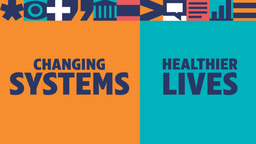
Please sign in or register for FREE
If you are a registered user on Research Communities by Springer Nature, please sign in